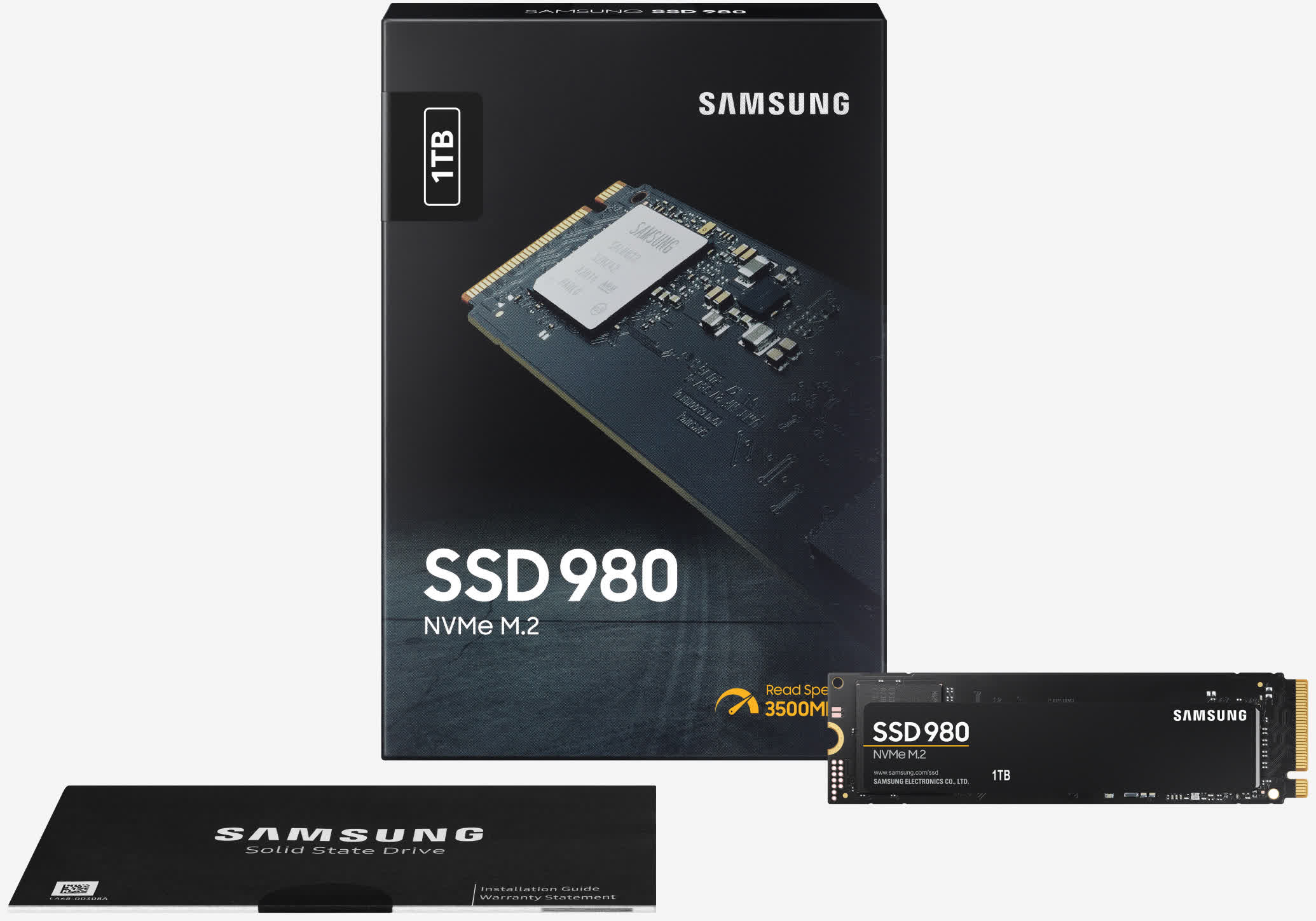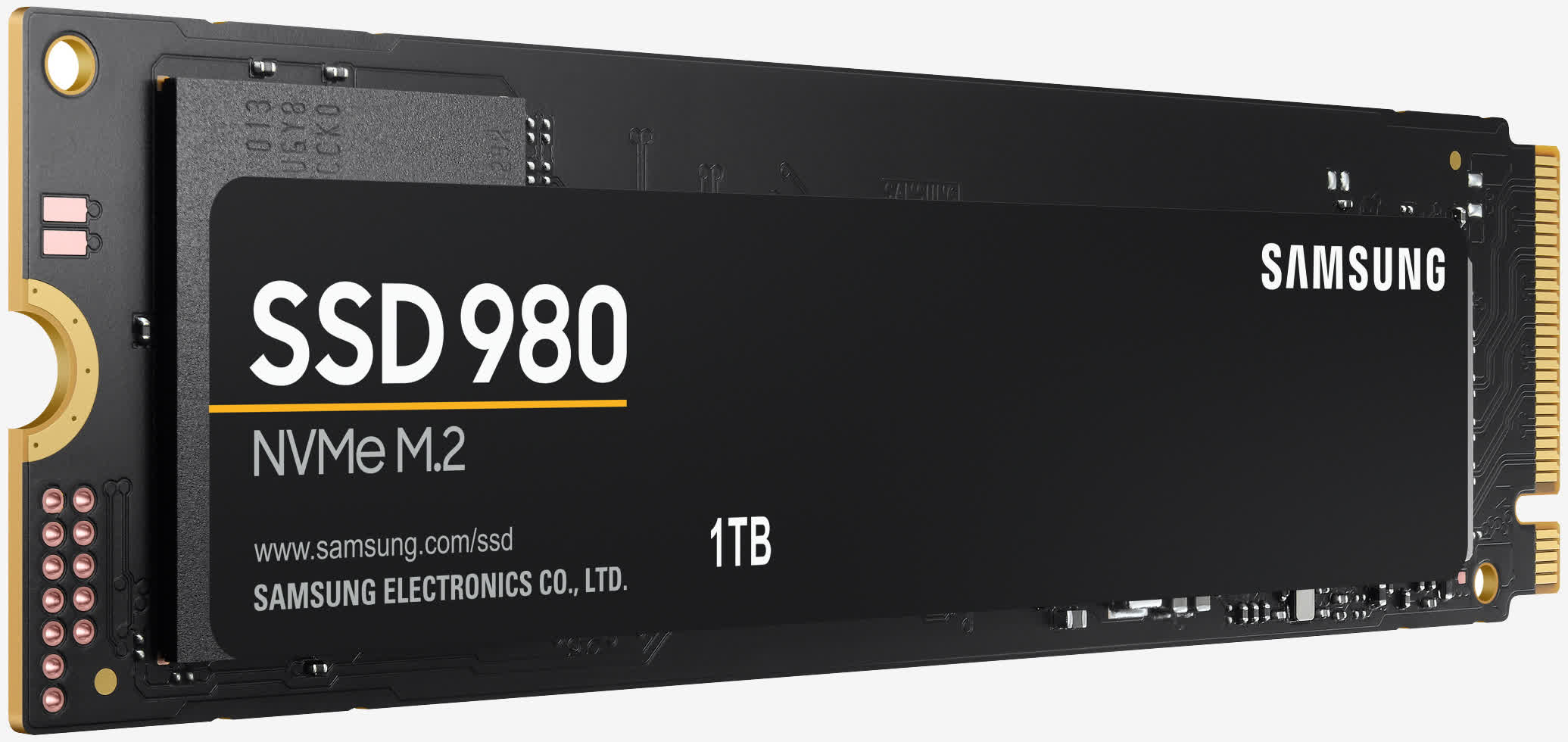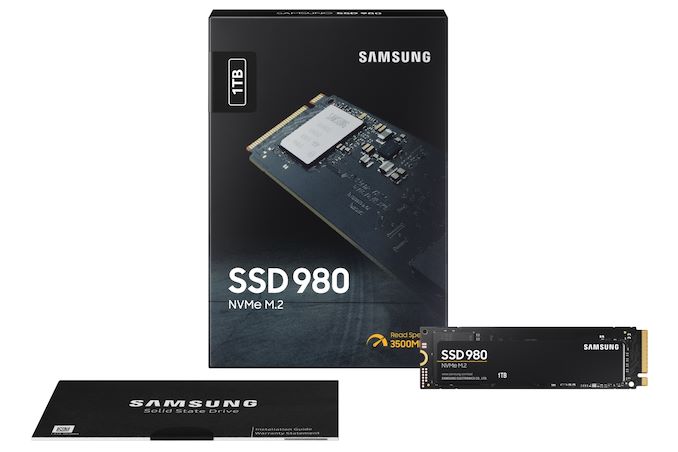Something to look forward to: The new Samsung 980 NVMe SSD utilizes the NVMe Host Memory Buffer (HMB) feature, a direct memory access capability of PCI Express, that lets the SSD use system memory instead of having to bring its own. This cuts down on the cost to manufacture the drive, savings which are passed along to the buyer, but more on that in a bit.

Samsung has introduced its first consumer solid-state drive that doesn’t use DRAM. Samsung says HMB is coupled with other tech like its sixth-gen V-NAND and Intelligent TurboWrite 2.0 as well as an optimized controller and firmware to minimize the performance penalty of not including dedicated DRAM.
Throttling shouldn’t be an issue as Samsung has implemented “advanced thermal designs” alongside improved power efficiency to make overheating a non-issue. This is likely more of a concern in laptops where components are crammed into a tiny space, but overheating is a real concern in desktops, too, if adequate cooling isn't used.

The 980 NVMe 1TB drive boasts sequential read and write speeds of up to 3,500 and 3,000 MB/s, with random reads and writes rated as high as 500K IOPS and 480K IOPS, respectively. Speeds do drop off as capacity decreases, however, so be mindful of that when considering a drive.
Samsung’s new 980 NVMe SSD is available in capacities of 250GB, 500GB and 1TB with MSRPs set at $49.99, $69.99 and $129.99, respectively.
https://www.techspot.com/news/88874-meet-980-nvme-samsung-first-consumer-ssd-ship.html


